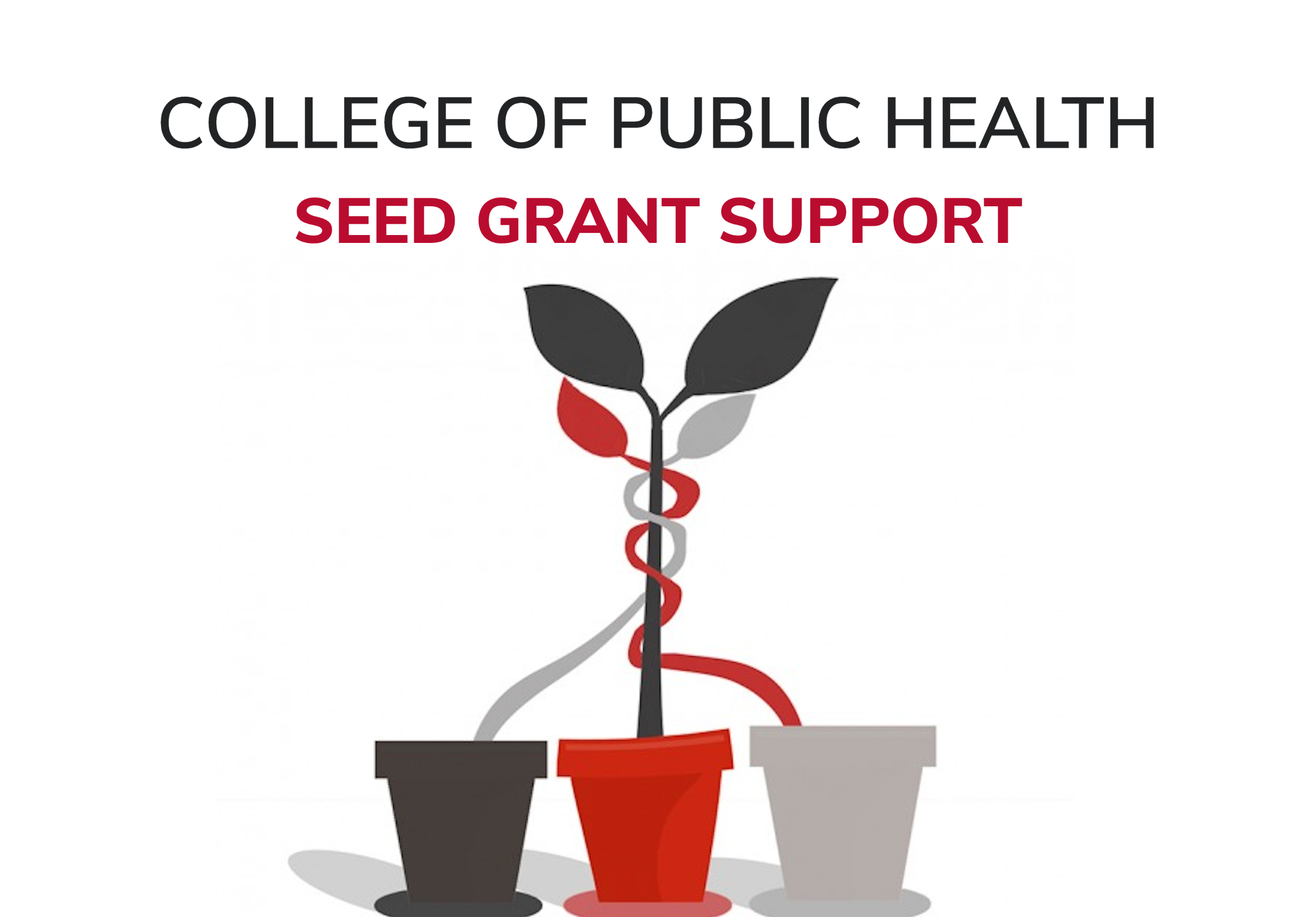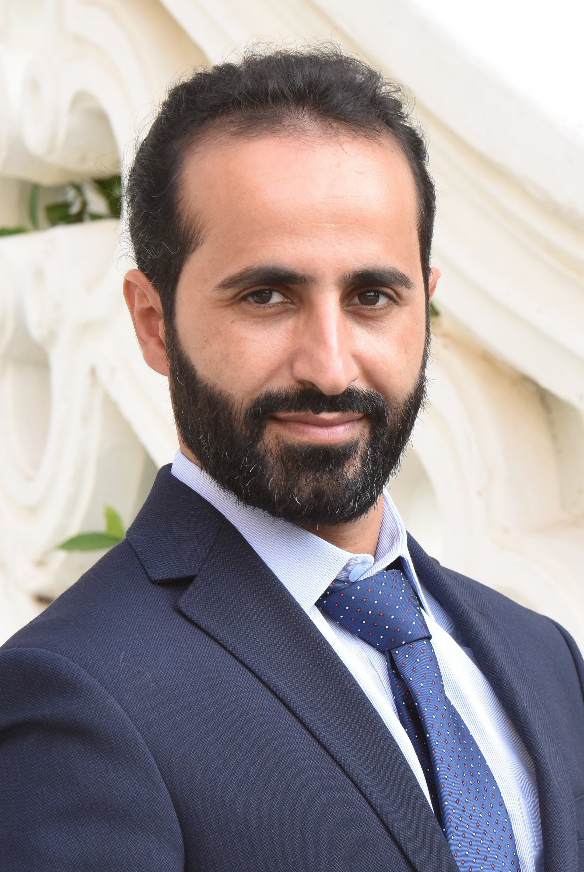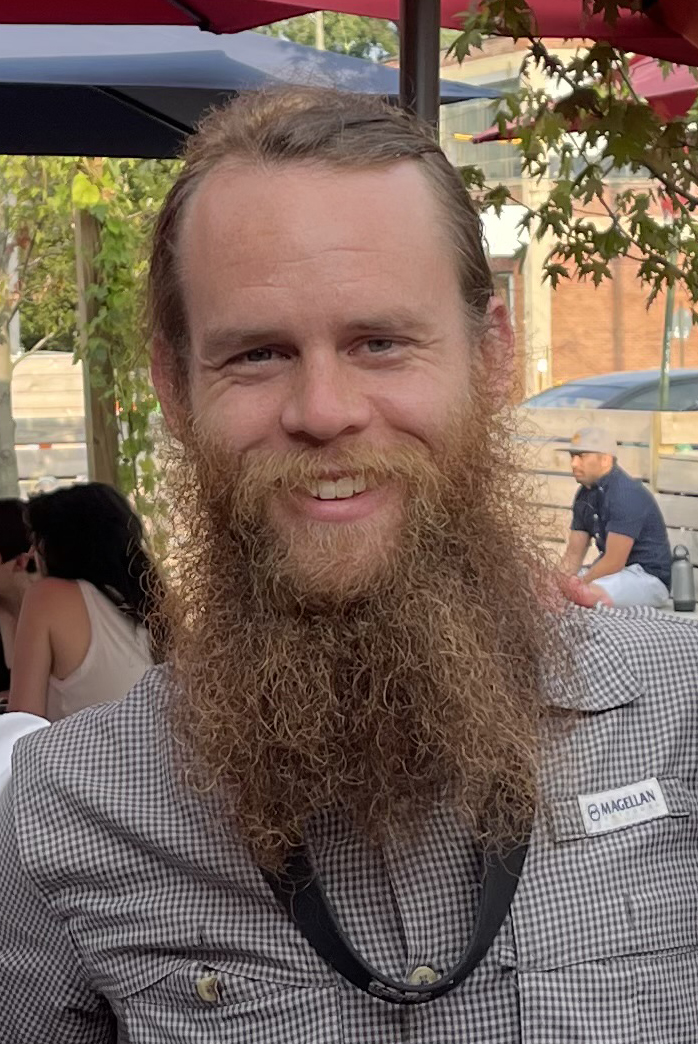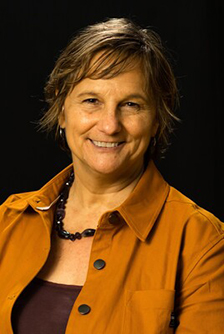Seed grants fund two new public health studies
Research to study impact of menthol cigarette ban, backlash to COVID-19 health measures
By Kristen Mitchell

The College of Public Health recently awarded $150,000 in seed funding to support two new projects focused on documenting and addressing racism and violent extremism.
Assistant professors Ahmad El Hellani and Min-Ae Song from the Division of Environmental Health Sciences received $74,962 for their study assessing the impact of a national ban on menthol cigarettes on tobacco-related health disparities in African American smokers.
Marian Moser Jones, associate professor of health services management and policy, and Mikkel Quam, assistant professor of epidemiology, were awarded $75,000 for their study on backlash against public health during the COVID-19 pandemic. They will work alongside co-investigator Laura Dugan from the College of Arts and Sciences Department of Sociology.
Seed grants support faculty as they start new lines of inquiry and collect preliminary data needed to put together grant applications for external funding, said Maria Gallo, CPH associate dean of research.
“The college offered seed grants in these two categories because we recognize that these are two critical public health challenges of our time,” Gallo said. “We are excited to see what these teams will learn in these new research projects.”
The CPH racial justice seed grant was first awarded in 2021.The seed grant focused on violent extremism as a public health challenge is a continuation of the conversation brought forward in Dean Amy Fairchild’s Public Health Thought Leader Series last fall.
Menthol ban and tobacco disparities


Tobacco companies aggressively marketed highly addictive menthol cigarettes toward African American consumers for decades, but a new proposed ban by the FDA raises questions about what will happen if those products are no longer available.
El Hellani and Song will seek answers to those questions with their pilot study documenting how African American smokers, who overwhelmingly turn to menthol cigarettes as their tobacco product of choice, would change their behavior if a ban went into effect.
“We want to look at intentions among current smokers,” Song said. “What’s going to be their preference…are they going to quit, or are they going to switch to other products?
The team will survey African American menthol smokers’ perception of a ban and their awareness and access to cessation support. This will provide community-based data for future research on smoking intervention among menthol smokers. The team will also collect biomarker data to examine how menthol cigarette use impacts a person’s epigenetic aging, which is negatively associated with age-related disease and mortality.
“We all have the same chronological age, but the rate of biological age can be measured— epigenetic aging,” Song said. “Having that component in this research will be unique and different from what others are doing.”
While this project is specifically focused on African American consumers, menthol cigarettes were also heavily marketed to LGBTQ, Native American and immigrant populations, El Hellani said. He hopes this initial research goes on to support expanded work among these populations in the future.
“If we build a strong team with this seed grant and can show we are asking the right questions and collecting the right data, we can apply competitively to a bigger grant,” El Hellani said.
Understanding COVID-19 backlash


Public health officials experienced unprecedented backlash while deploying science-based mitigation measures including mask mandates, stay-at-home orders and vaccination requirements during the early stages of the COVID-19 pandemic. Jones, Quam and Dugan will study political discourse in the U.S. during 2020 and 2021 with the goal of better understanding the relationship between pandemic-related Tweets, protests and violent extremist actions against public health officials or institutions.
They were awarded $75,000, which will support work focusing on five states — Ohio, Massachusetts, Tennessee, Colorado and Washington — to document the response to mitigation efforts and discover what can be learned and applied going forward.
The team will conduct interviews with state and local public health officials and examine Twitter data from elected officials and COVID-related protests, and plan to use their findings to pursue funding opportunities and expand their research to additional states.

“The whole purpose of this is to not just document what happened, which is important on its own, but also to learn from this experience and to discover what actions and what kinds of support or environments were most conducive to being able to conduct public health, to get things done even with some resistance and some lack of public support for science,” Jones said.
The goal is that when there is a controversial measure that public health officials must take in the future, they’ll be better prepared to deal with backlash and carry out efforts to protect the public, Jones said.
About The Ohio State University College of Public Health
The Ohio State University College of Public Health is a leader in educating students, creating new knowledge through research, and improving the livelihoods and well-being of people in Ohio and beyond. The College's divisions include biostatistics, environmental health sciences, epidemiology, health behavior and health promotion, and health services management and policy. It is ranked 22nd among all colleges and programs of public health in the nation, and first in Ohio, by U.S. News and World Report. Its specialty programs are also considered among the best in the country. The MHA program is ranked 5th and the health policy and management specialty is ranked 21st.